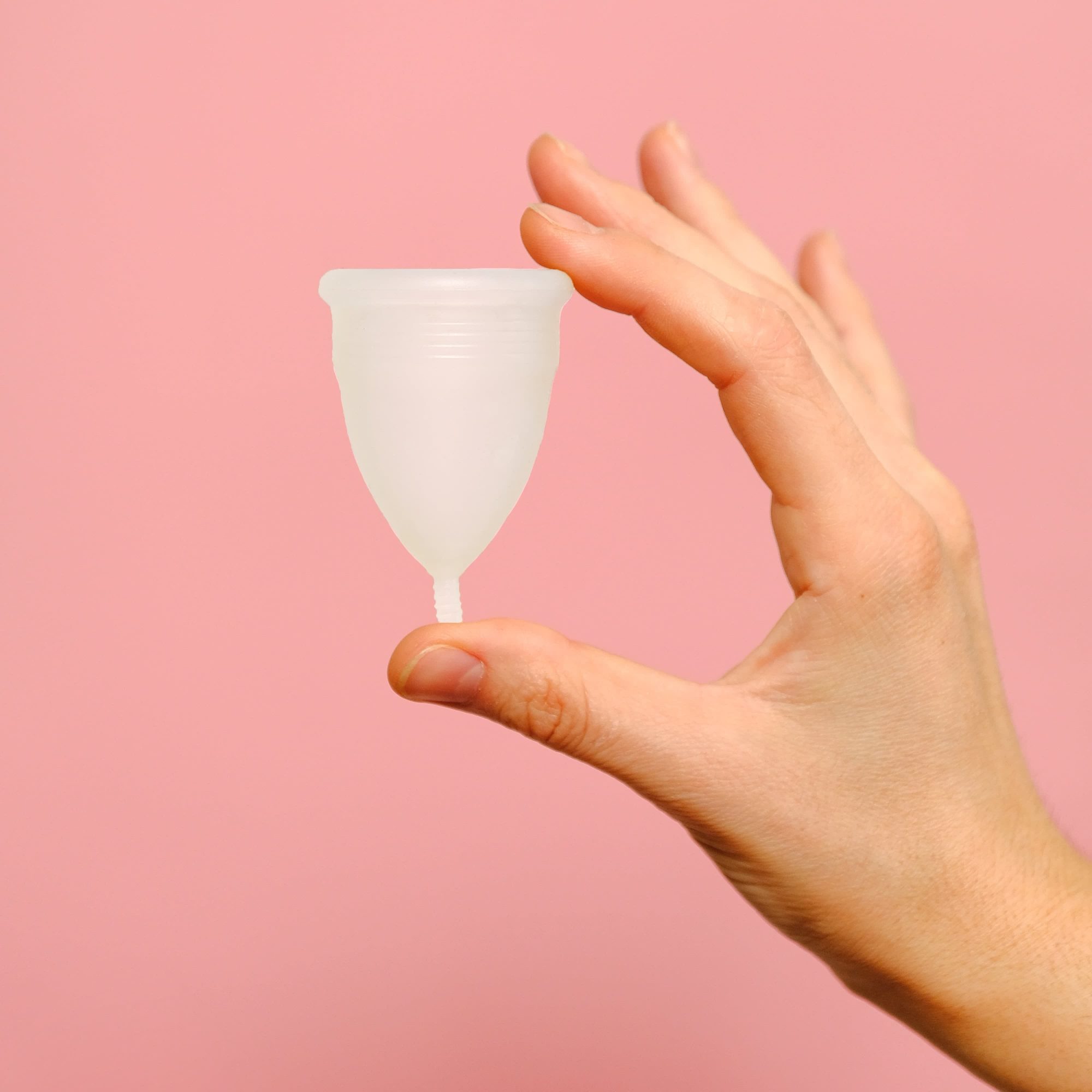
- POPSUGAR Australia
- Fitness
- 3 Reasons Your Vagina Is Feeling Dry, and What to Do About It
3 Reasons Your Vagina Is Feeling Dry, and What to Do About It

The body is in a constant state of change, and your vagina is no different. Just as our mood changes with our lifestyle, habits, and the world around us, so too will our vagina and intimate areas.
Thrush, bacterial vaginosis, menstrual periods, uncomfy underwear; the vagina is put through a heck of a lot, and while it’s pretty good at taking care of itself, sometimes things can feel a little off, and it can be tricky to figure out why.
If you’ve noticed a change in your vagina’s behaviour lately, and in particular, a feeling of dryness or pain during sex, take a deep breath and feel rest assured this is super common. Vaginal dryness is usually temporary and it can be a result of a number of factors, some within your control, others not quite as much.
Below, with the help of Dr Joanna Sharp — a specialist GP at online women’s health clinic, Juniper — we’ll chat through the top three reasons why you’re feeling dry down there, and what to do about it.
You’re Stressed
We don’t blame you. We’re living through a global pandemic, and even though life is starting to resume as normal, the stresses that came with months in lockdown are still plaguing many of us.
Stress and worry can have a major impact on our mood and overall wellbeing, and it’s only natural the vagina may feel it too, presenting in a difficulty to achieve arousal and produce natural vaginal lubrication.
Dr Joanna’s tip: “It’s important to look at what is causing your stress to help you find solutions and ease your mind. We know that conditions like anxiety and depression can present as low libido and speaking to your GP or a psychologist can help you get your head around it all.
“Things that you can do every day to help manage stress are to get out in nature, walk, talk to a friend, practice meditation and yoga or even a good session in the gym. Everyone is different and finding your off-switch is the key.”
You’re Taking Medication
Common medications found in many of our own medicine cupboards may be contributing to a feeling of dryness. The contraceptive pill, for example, decreases estrogen levels, which impacts the production of vaginal lubrication.
Antihistamines are great for drying up excess nasal mucus, but the drying effect continues down to the vagina as they also mess with the neurotransmitters responsible for vaginal lubrication.
Asthma medication is often used to relax the airways, but these can also cause dryness in the mouth and vagina; and some common antidepressants can also slow communication from the brain to the vagina, resulting in a lower libido and less lubrication.
Dr Joanna’s tip: “Have a chat with your doctor about the medications you are on to explore whether they might be causing vaginal dryness. Your doctor may be able to suggest alternatives and it’s important to let them know about your side effects — don’t just stop them cold turkey without a chat first! In the meanwhile, you can use a lubricant or vaginal moisturiser.”
You’re Approaching Menopause
In Australia, the average woman will reach menopause at 51, but it will generally occur between 45 and 60. For some women, though, symptoms can begin before the age of 45, in what is called early menopause, or before the age of 40, in what’s called premature menopause.
You may begin to notice symptoms like irregular or changing periods or vaginal dryness, and these are both triggered by estrogen levels lowering in the body.
It’s natural to feel somewhat wary of these symptoms, especially if you’re under the age of 45 and are considering starting a family, but as we’ve learned above, vaginal dryness can be related to a number of factors.
It’s best to consult your doctor to find out more about what’s going on in your body, as well as the safe and effective treatment options available to you.
Dr Joanna’s tip: “Vaginal dryness can be related to a number of things, but in combination with increasingly irregular periods we would need to consider peri-menopause. There are lots of things we can do and a trusted GP will be able to work with you to determine the best treatment options.”
Juniper is an online menopause clinic connecting women with specialist GPs, revolutionary treatments, and a supportive community.



